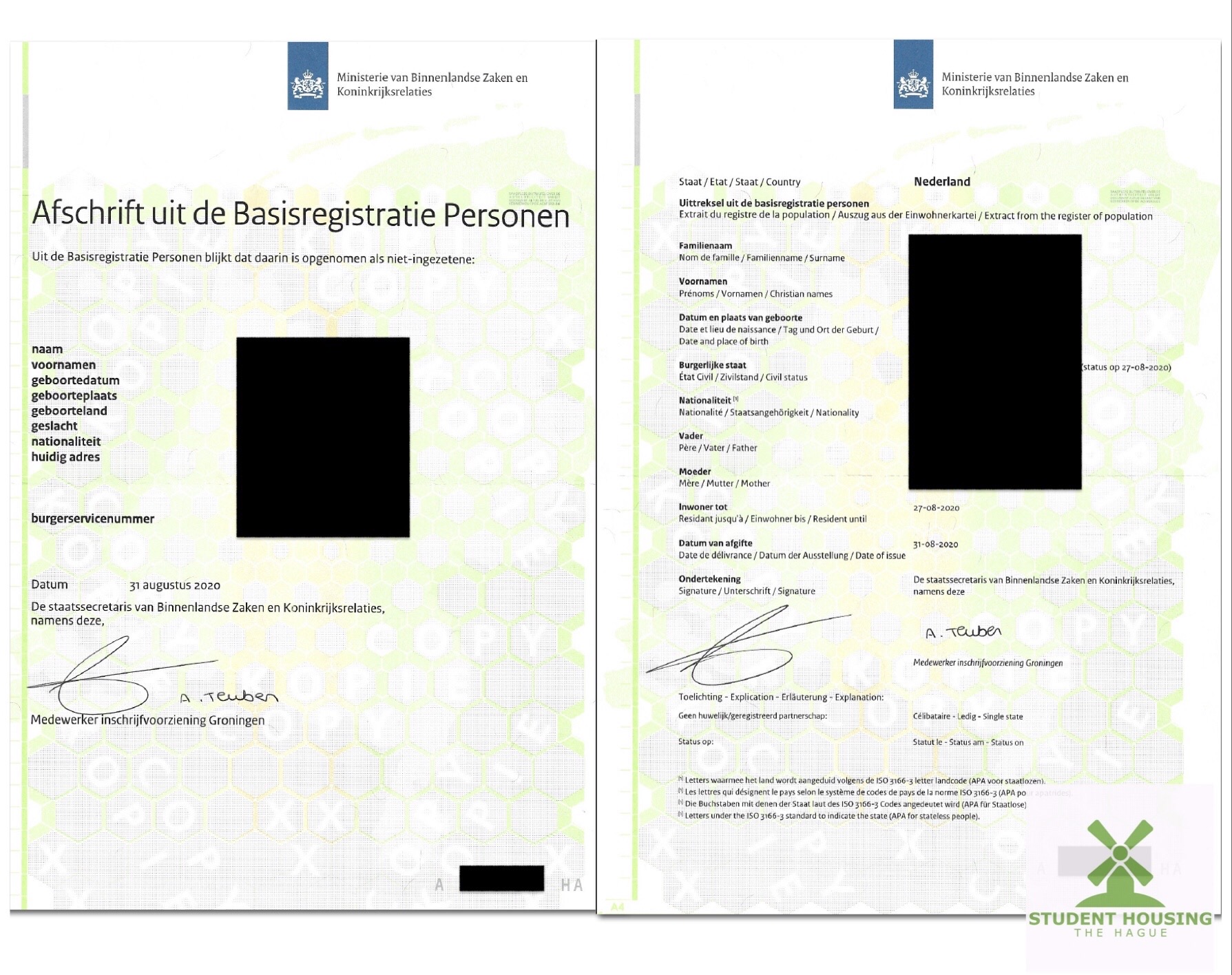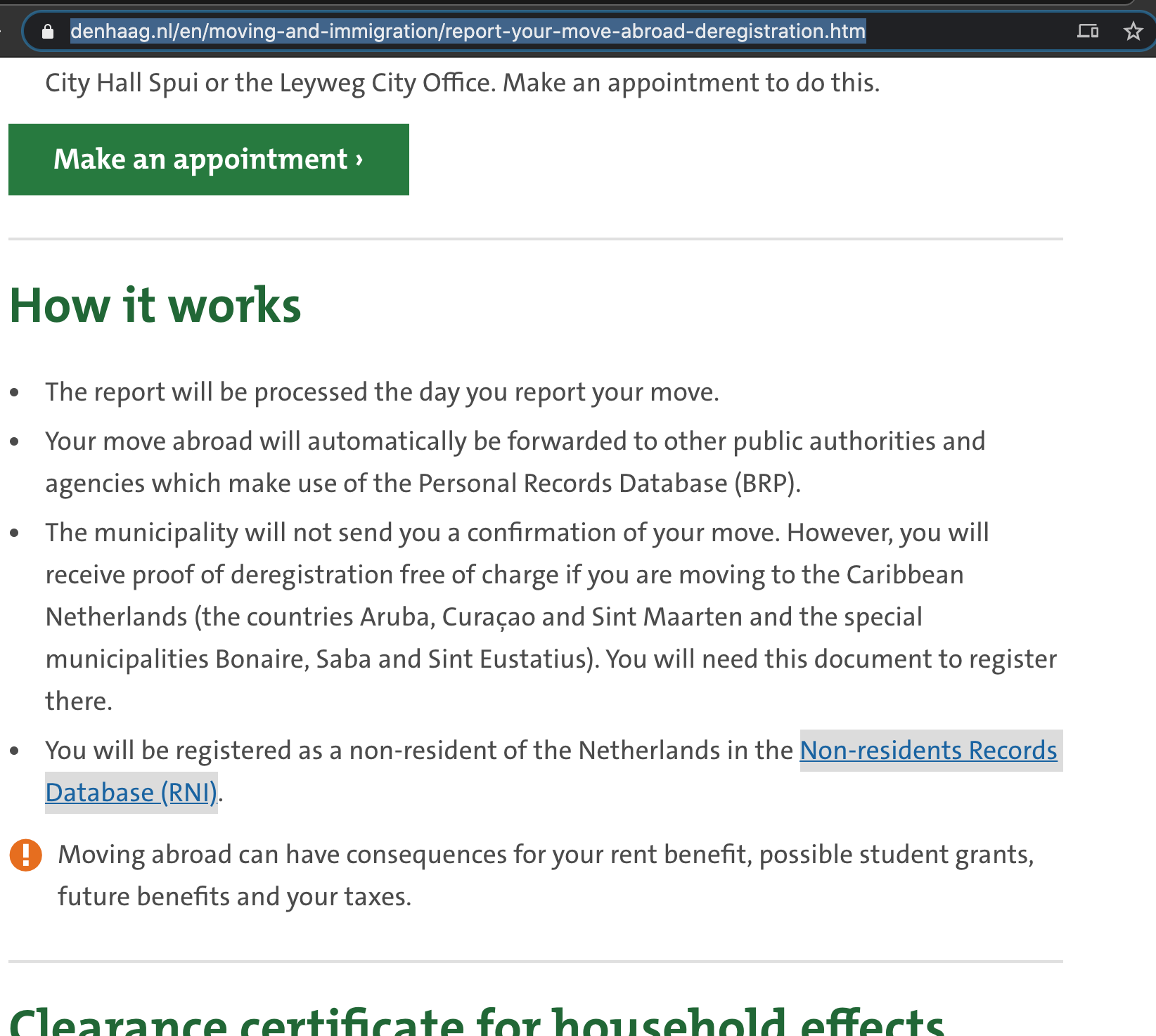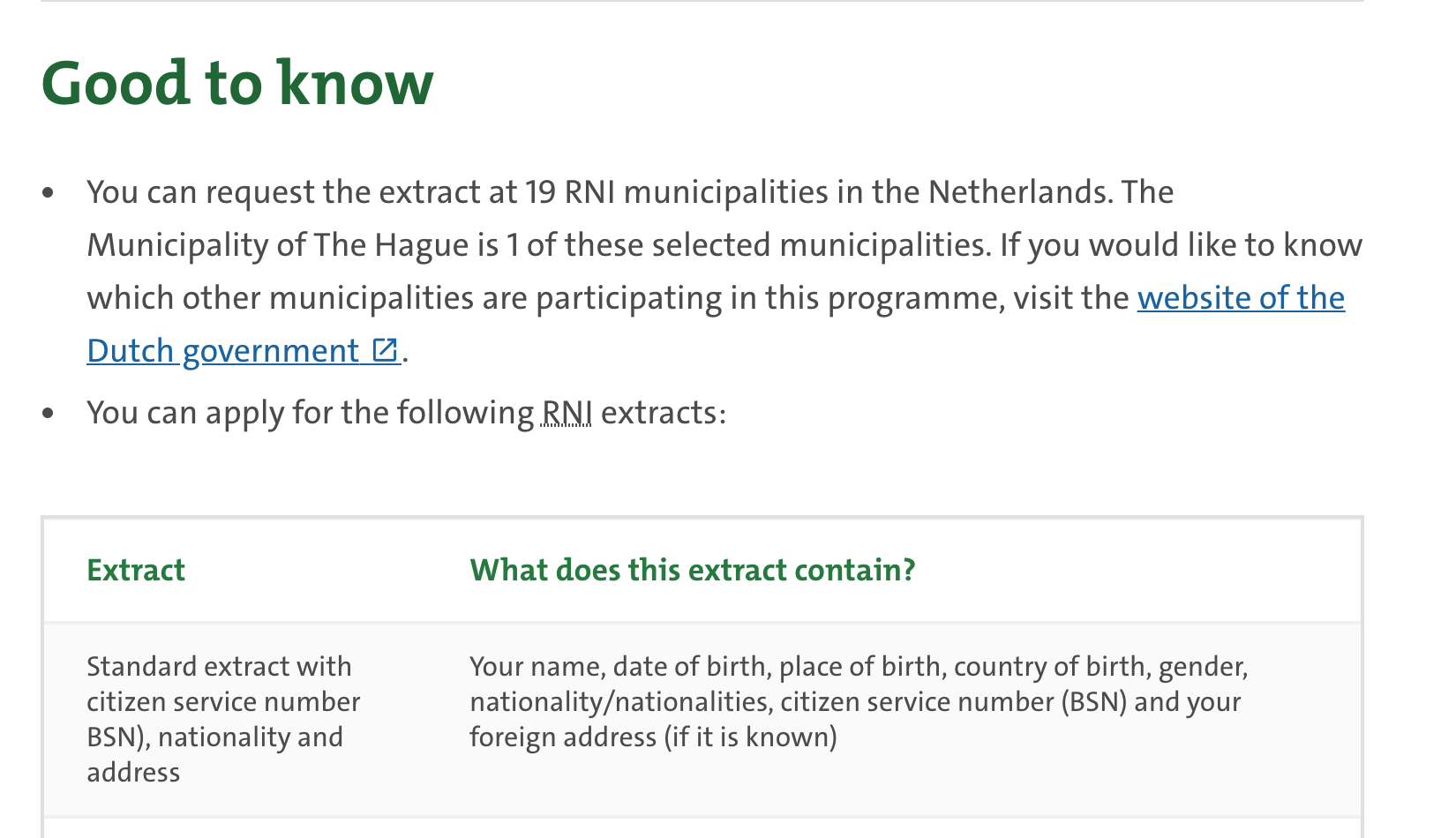
When you move into a long-stay (>4 months) accommodation you are required to register, within five days, by the Dutch law. Once you move out of the accommodation, it doesn't matter if you are moving within the Netherlands or going abroad, you'll need to deregister yourself from the accommodation.
PRACTICAL SIDE
The main reason why you need to deregister is that all addresses have a maximum amount of registrations allowed. So, if you don't deregister yourself, you still take up one of the registration 'seats' at the address which might result in the next tenant not being able to register. Besides this, it can also bring extra taxes for your landlord and/or roommates because you did not deregister yourself in time. So this is more or less the practical side, there is also a legal side to this.
LEGAL SIDE
The government requires anyone who stays longer than four months to register at the address of living. When you move out to another address, you should register yourself at that given address. If you are not (de)registered properly, you are violating Dutch law based on at least one of the following articles (or maybe even all three if you did not register at all);
Artikel 2.38 eerste, tweede en vierde lid Wet BRP - Het niet doen van aangifte van inschrijving uit het buitenland (Failure to declare registration from abroad) €325,00
Artikel 2.39 eerste lid Wet BRP - Het niet doen van aangifte van een nieuwe verblijfplaats binnen Nederland (Failure to report a new residence within the Netherlands) €325,00
Artikel 2.47 Wet BRP - Het niet verstrekken van inlichtingen over een mogelijke adreswijziging (Failure to provide information about a possible change of address) €200,00
The above can result in a fine of at least €850,00 by the government only.
WHAT IS A VALID PROOF OF DEREGISTRATION?
A valid proof of deregistration / registration elsewhere must contain the following:
- Signature of the government official
- Name of the government official
- Date and the date of deregistration
- Your new address
- Your full name
- Must be on paper and have a watermark or stamp of the municipality
The paper should not mention that it cannot be used as valid evidence.

Example of proof of deregistration.
HOW DOES IT WORK WHEN MOVING WITHIN THE NETHERLANDS?
Report your move within or to The Hague on time. You can do this a maximum of 4 weeks before or at the latest 5 days after your move. You can arrange this online, in writing or at a municipal counter. You will automatically be deregistered from your old address. Once this is done, do request for an official document (as shown above) which proves your deregistration and/or registration at the new address.
WHAT DO YOU NEED WHEN REPORTING IN PERSON?
- A valid form of identification (https://www.denhaag.nl/en/passport-and-identity-card/valid-form-of-identification.htm)
- Your new tenancy agreement in case of moving
WHAT DO YOU NEED WHEN REPORTING ONLINE?
- Your DigiD log in details.
- Proof of your new address, for example, a rental contract.
HOW LONG DOES IT TAKE?
- Are you reporting the change in address between 4 weeks prior to the move and no more than 5 working days after your move? The municipality will register you on the date you indicated.
- Are you reporting the change in an address later? Then the municipality will register you on the date it received your change of address.
GOOD TO KNOW:
- Are you moving from The Hague to another municipality in the Netherlands? Then you only need to report the move to your new municipality. You do not need to deregister from The Hague.
- Are you moving within The Hague? Are you not yet able to be registered at your new address? Then you can provide an alternative address. You can do this at City Hall Spui or the Leyweg City Office.
- Is the person whose address you are using going to move? Change your alternative address. Read more about the alternative address.
- The municipality will report your change of address to authorities which need this information to carry out their legal duties, such as the Dutch Tax and Customs Administration (Belastingdienst), pension funds, Sociale Verzekeringsbank (SVB) and health insurance companies. You can go to the website of the Dutch government(external link) for more information.
DIFFERENT PROCEDURE FOR MOVING ABROAD
If you are moving abroad, for instance going back home after completing your study. You then must deregister from the municipality The Hague (or any other if you are living elsewhere) You may not report this move any earlier than 5 days before your date of departure. The municipality will then update your details accordingly.
In your report, you are required to state your new residential address abroad. If you do not yet have a fixed address abroad, you are required to indicate your first known address abroad (for example, the address of a hotel, family member or friend).
WHAT DO YOU NEED WHEN REPORTING IN PERSON?
- A valid form of identification (https://www.denhaag.nl/en/passport-and-identity-card/valid-form-of-identification.htm)
- Your new address
HOW DOES IT WORK?
You can report your move abroad at the municipality or online, as mentioned here; https://www.denhaag.nl/en/moving-and-immigration/report-your-move-abroad-deregistration.htm
As shown on the print screen below, under 'How it works', you notice they mention that "You will be registered as a non-resident of the Netherlands in the Non-residents Records Database (RNI)."

When you click on the link, it takes you to another webpage; https://www.denhaag.nl/en/certificates-and-official-documents/personal-records-database-brp/extract-non-resident-of-the-netherlands-rni.htm
Here they explain how you can obtain this proof of deregistration. You can apply for different RNI's, but you'll need the first one, where they mention "your foreign address";

Keep in mind that it is not possible to authorise someone else to report your move abroad.
Also, for Student Housing The Hague, the process of deregistration is a legal matter and therefore it is not possible to deviate from the standard procedure.
We hope that this blog clarifies the process of deregistration. If not, do not hesitate to e-mail to help@shth.nl